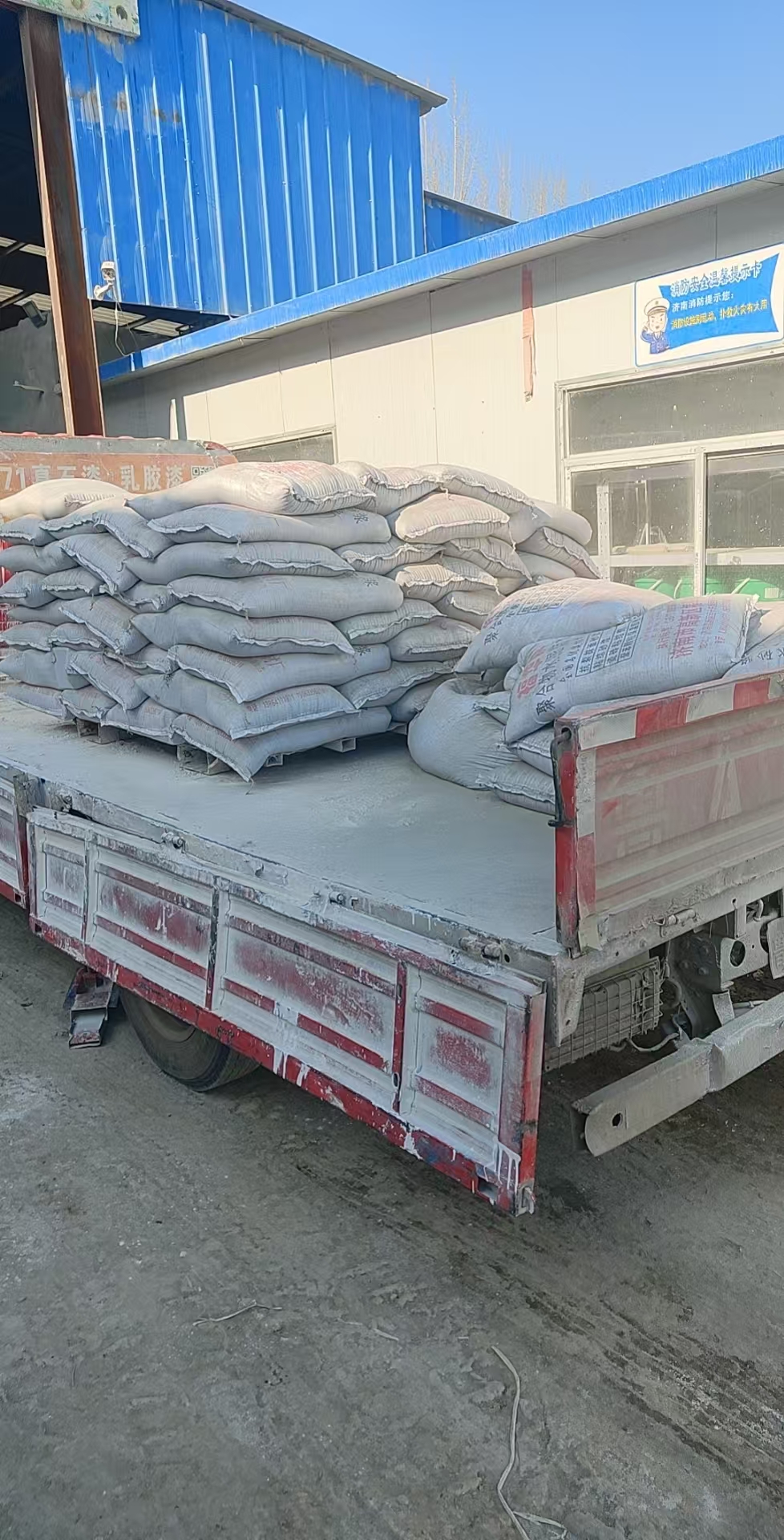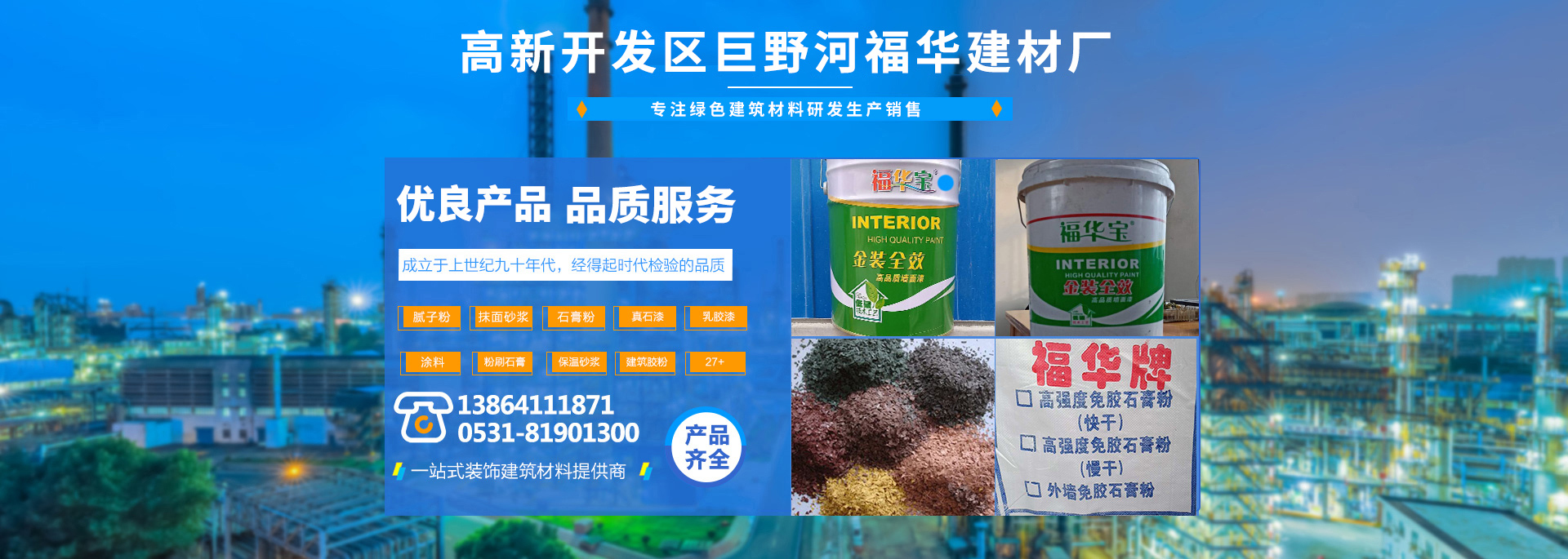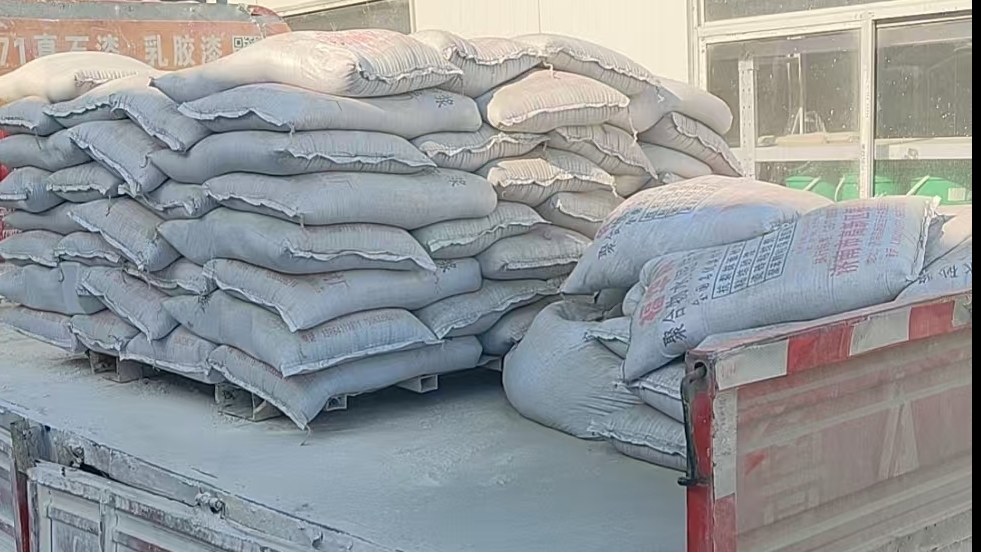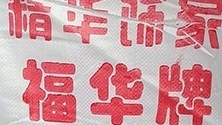溫度對石膏成型的影響解析:從水化反應到結構強度的探究
來源:http://www.laodaohe.cc 日期:2025-06-09 發布人:
石膏作為建筑、醫療、藝術領域廣泛應用的膠凝材料,其成型過程深受溫度影響。從水化反應動力學到晶體結構演化,溫度通過多尺度作用機制調控石膏的凝結時間、強度發展與微觀形貌。本文將結合實驗數據與工程實踐,系統解析溫度對石膏成型的關鍵影響。
Gypsum, as a widely used cementitious material in the fields of architecture, medicine, and art, is greatly affected by temperature during its molding process. From hydration reaction kinetics to crystal structure evolution, temperature regulates the setting time, strength development, and microstructure of gypsum through multi-scale mechanisms. This article will combine experimental data with engineering practice to systematically analyze the key impact of temperature on gypsum molding.
一、水化反應速率與凝結時間
1、 Hydration reaction rate and coagulation time
石膏的水化反應本質是半水石膏(CaSO?·0.5H?O)與水結合生成二水石膏(CaSO?·2H?O)的結晶過程。溫度對此過程具有雙重調控效應:
The hydration reaction of gypsum is essentially a crystallization process in which hemihydrate gypsum (CaSO?·0.5H?O) combines with water to form dihydrate gypsum (CaSO?·2H?O). Temperature has a dual regulatory effect on this process:
反應速率:在10-30℃范圍內,溫度每升高10℃,初凝時間縮短30%-50%。當溫度升至50℃時,水化反應速率達到峰值,但超過此臨界值后,漿體表面快速失水形成致密硬殼,反而阻礙內部水化進程。
Reaction rate: Within the range of 10-30 ℃, for every 10 ℃ increase in temperature, the initial setting time is shortened by 30% -50%. When the temperature rises to 50 ℃, the hydration reaction rate reaches its peak, but beyond this critical value, the surface of the slurry rapidly loses water and forms a dense hard shell, which hinders the internal hydration process.
凝結異常:低溫環境(<5℃)會顯著抑制水化反應,若漿體在凝固前凍結,冰晶膨脹將破壞石膏晶體結構,造成不可逆強度損失。某建材實驗室的凍融試驗顯示,經-5℃凍結的石膏試塊抗壓強度下降42%。
Condensation abnormality: Low temperature environment (<5 ℃) will significantly inhibit hydration reaction. If the slurry freezes before solidification, the expansion of ice crystals will damage the gypsum crystal structure and cause irreversible strength loss. The freeze-thaw test in a certain building materials laboratory showed that the compressive strength of gypsum test blocks frozen at -5 ℃ decreased by 42%.

二、強度發展的溫度依賴性
2、 Temperature dependence of intensity development
硬化石膏的強度取決于二水石膏晶體的生長與堆積密度,溫度通過影響過飽和度與結晶應力調控強度演化:
The strength of hardened gypsum depends on the growth and bulk density of dihydrate gypsum crystals, and temperature regulates the strength evolution by affecting supersaturation and crystallization stress
過飽和度效應:在20℃條件下,漿體過飽和度為3.44,形成密集的晶核網絡;而60℃時過飽和度降至2.50,晶核數量減少但晶體尺寸增大。某高校的材料試驗表明,60℃硬化試件的早期強度較20℃提高18%,但最終強度因結晶應力差異呈現非線性變化。
Supersaturation effect: At 20 ℃, the supersaturation of the slurry is 3.44, forming a dense network of crystal nuclei; At 60 ℃, the supersaturation decreases to 2.50, and the number of crystal nuclei decreases but the crystal size increases. A material test conducted by a certain university showed that the early strength of specimens hardened at 60 ℃ increased by 18% compared to those hardened at 20 ℃, but the final strength exhibited nonlinear changes due to differences in crystalline stress.
臨界溫度點:當硬化溫度超過70℃時,二水石膏晶體開始脫水轉化為可溶性無水石膏(Ⅲ-CaSO?),導致結構疏松。某核電項目的檢測數據顯示,經80℃熱處理的石膏構件抗壓強度下降27%。
Critical temperature point: When the hardening temperature exceeds 70 ℃, dihydrate gypsum crystals begin to dehydrate and transform into soluble anhydrous gypsum (Ⅲ-CaSO? )Resulting in a loose structure. The testing data of a certain nuclear power project shows that the compressive strength of gypsum components treated at 80 ℃ decreased by 27%.
三、微觀結構演變規律
3、 The evolution law of microstructure
溫度通過影響原子擴散速率與晶體生長習性,塑造石膏的微觀形貌:
Temperature shapes the microstructure of gypsum by affecting the atomic diffusion rate and crystal growth habits
低溫結晶:在5℃環境下,石膏粒子擴散速率降低,形成規整的板狀晶體,結晶度高達85%。這種致密結構使建筑石膏的抗折強度提升。
Low temperature crystallization: At 5 ℃, the diffusion rate of gypsum particles decreases, forming regular plate-like crystals with a crystallinity of up to 85%. This dense structure enhances the flexural strength of building gypsum.
高溫結晶:當溫度升至40℃時,晶體生長速度加快,但取向隨機,形成花瓣狀聚集體。某文保單位的研究顯示,古代石膏文物在高溫環境下形成的雜化結構,其孔隙率較現代制品高。
High temperature crystallization: When the temperature rises to 40 ℃, the crystal growth rate accelerates, but the orientation is random, forming petal shaped aggregates. A study by a cultural heritage site shows that the hybrid structure formed by ancient gypsum artifacts in high-temperature environments has a higher porosity than modern products.
四、工藝控制與質量優化
4、 Process Control and Quality Optimization
針對溫度影響的雙重性,實際工程需采取差異化控制策略:
In response to the duality of temperature effects, differentiated control strategies need to be adopted in practical engineering:
施工溫度窗口:建議將環境溫度控制在15-30℃。在高溫地區,可采用冰水拌合、添加緩凝劑等技術手段;在低溫環境,需配備加熱養護棚,確保漿體溫度不低于10℃。
Construction temperature window: It is recommended to control the ambient temperature between 15-30 ℃. In high-temperature areas, techniques such as ice water mixing and adding retarders can be used; In low-temperature environments, a heating and curing shed should be equipped to ensure that the slurry temperature is not lower than 10 ℃.
煅燒工藝優化:建筑石膏生產中,蒸汽回轉窯以140-160℃低溫煅燒,可獲得β-半水石膏為主相的產物,其標準稠度需水量低,硬化體孔隙率低。
Optimization of calcination process: In the production of building gypsum, steam rotary kiln calcination at low temperature of 140-160 ℃ can obtain products with β - hemihydrate gypsum as the main phase, with low water requirement for standard consistency and low porosity of hardened body.
特殊應用場景:醫療石膏繃帶需控制結晶度在75%-85%,通過40℃恒溫固化工藝,平衡強度與透氣性;精密鑄造用石膏型需采用梯度升溫排蠟工藝,避免熱應力開裂。
Special application scenarios: Medical gypsum bandages require a controlled crystallinity of 75% -85%, and are cured at a constant temperature of 40 ℃ to balance strength and breathability; The gypsum mold used for precision casting needs to adopt a gradient heating and wax removal process to avoid thermal stress cracking.
溫度對石膏成型的影響貫穿化學反應、晶體生長、結構形成全鏈條。通過科學調控溫度參數,可實現石膏材料性能的定向優化。隨著智能溫控技術與相變材料的應用,石膏制品正在向高性能、功能化方向演進,這為建筑節能、文物保護等領域提供了新的技術路徑。
The influence of temperature on gypsum molding runs through the entire chain of chemical reactions, crystal growth, and structural formation. By scientifically regulating temperature parameters, directional optimization of gypsum material properties can be achieved. With the application of intelligent temperature control technology and phase change materials, gypsum products are evolving towards high performance and functionality, providing new technological paths for areas such as building energy conservation and cultural heritage protection.
本文由濟南石膏粉友情奉獻.更多有關的知識請點擊:http://www.laodaohe.cc真誠的態度.為您提供為全面的服務.更多有關的知識我們將會陸續向大家奉獻.敬請期待.
This article is a friendly contribution from Jinan gypsum powder For more information, please click: http://www.laodaohe.cc Sincere attitude To provide you with comprehensive services We will gradually contribute more relevant knowledge to everyone Coming soon.
 主站蜘蛛池模板:
国产99青青成人a在线|
西西大胆午夜人体视频|
人人狠狠综合久久88成人|
亚洲精品福利视频|
天堂а√在线地址在线|
精品国产一区二区三区2021|
亚洲日韩欧美内射姐弟|
熟妇丰满多毛的大隂户|
日韩精品一区二区三区中文无码|
中文字av|
国产日本卡二卡三卡四卡|
中文天堂最新版资源www官网|
日产精品卡一卡二|
av电影一区|
人妻无码全彩里番acg视频|
国产香蕉国产精品偷在线|
91纯肉动漫|
久久精品99久久香蕉国产|
亚洲精品四区|
男人女人做爽爽18禁网站|
丰满少妇高潮惨叫久久久一|
定西市|
国产毛片久久久久久国产毛片|
少妇高潮惨叫在线播放|
公么大龟弄得我好舒服秀婷视频|
夜夜国自一区|
国产精品熟妇一区二区三区四区
|
日韩理论午夜无码|
象州县|
亚洲综合无码精品一区二区三区
|
久久综合九色综合久99|
国变精品美女久久久久av爽|
望江县|
自拍偷拍日韩|
精品国产不卡一区二区三区|
狠狠干视频网站|
777精品久无码人妻蜜桃|
少女高清影视在线观看动漫|
国产超高清麻豆精品传媒麻豆精品
|
正在和极品身材美女啪啪|
亚洲人成无码网站18禁10|
主站蜘蛛池模板:
国产99青青成人a在线|
西西大胆午夜人体视频|
人人狠狠综合久久88成人|
亚洲精品福利视频|
天堂а√在线地址在线|
精品国产一区二区三区2021|
亚洲日韩欧美内射姐弟|
熟妇丰满多毛的大隂户|
日韩精品一区二区三区中文无码|
中文字av|
国产日本卡二卡三卡四卡|
中文天堂最新版资源www官网|
日产精品卡一卡二|
av电影一区|
人妻无码全彩里番acg视频|
国产香蕉国产精品偷在线|
91纯肉动漫|
久久精品99久久香蕉国产|
亚洲精品四区|
男人女人做爽爽18禁网站|
丰满少妇高潮惨叫久久久一|
定西市|
国产毛片久久久久久国产毛片|
少妇高潮惨叫在线播放|
公么大龟弄得我好舒服秀婷视频|
夜夜国自一区|
国产精品熟妇一区二区三区四区
|
日韩理论午夜无码|
象州县|
亚洲综合无码精品一区二区三区
|
久久综合九色综合久99|
国变精品美女久久久久av爽|
望江县|
自拍偷拍日韩|
精品国产不卡一区二区三区|
狠狠干视频网站|
777精品久无码人妻蜜桃|
少女高清影视在线观看动漫|
国产超高清麻豆精品传媒麻豆精品
|
正在和极品身材美女啪啪|
亚洲人成无码网站18禁10|






 魯公網安備
魯公網安備